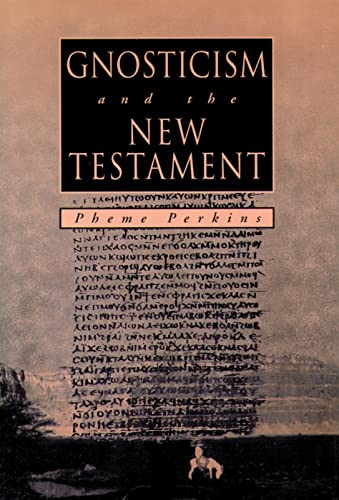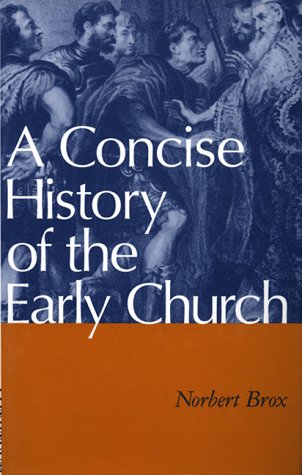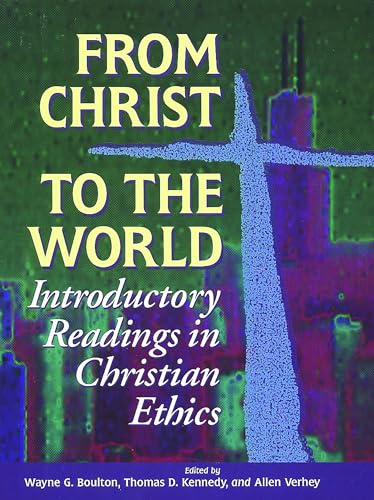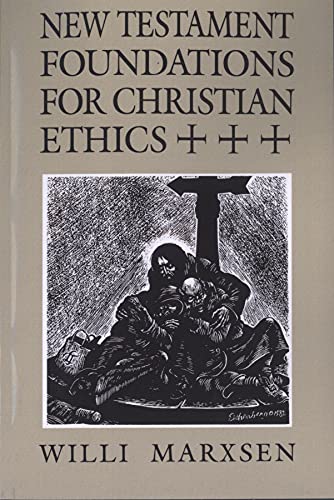Psalms Interpretation. A Bible Commentary for Teaching and Preaching
Written by James L. Mays Reviewed By Beat WeberTo write a Bible commentary, especially a commentary on the Psalms, it is best to have a long experience of exegetical research and personal meditation behind you. This is the case with this commentary on the book of Psalms. The author of the book (and also the editor of the Bible commentary series ‘Interpretation’) is well known for his studies on various subjects on the Psalms, especially in the area of canonical shape and theological meaning.
Mays is fully aware of all the topics and discussions of modern Psalms research. However, this is not the focus. The main aim is to provide a resource for those who interpret the Bible in the church. It is designed to meet the needs of students, teachers, ministers and priests for a contemporary expository commentary. Mays’s commentary helpfully combines the literary and historical questions with the meaning of the composition and the theological concern of the Psalms—in their canonical shape and in their Wirkungsgesckichte.
The individual Psalms are treated in one of two ways: either in a concise, descriptive fashion or in the form of expository essays. Highlights in the commentary include Psalms 22, 23 and 73. Those receiving fuller treatment include psalms that are prominent in the practice of worship, those that are used in the NT, those that are most important to the theology of the church, and those that shed the most light on the Psalter as a whole. An Introduction of 40 pages, two Excurses, one after Psalm 38 about ‘Sickness and Sin in the Psalms’ and the other to Psalms 120–134, ‘The Songs of Ascents’, and a selected bibliography complete this volume. Although no translation appears, the commentary is related to the translation of the (New) Revised Standard Version.
There are surely statements which can and will be questioned. An example is Mays’s understanding of authorship and historical situation in his passages about the ‘prayer for Help of an Individual’ (lament), where he writes: ‘the individual in the psalm is not the same as the individual for whom the prayer was composed. The connection is not autobiographical or historical. The individual in the psalm is an instance of a type, just as the particular psalm is. The composition of a prayer undoubtedly reflects in certain ways the person and circumstances for which it was composed. But the reflection is a modulation of a paradigm of the one who in trouble cries out to God for deliverance. The identity in the psalm is given to and assumed by the one who prays the prayer. The language of the prayer is disclosive’ (p. 23). This is an interesting solution to an old and much debated question of the relationship between the two sides of ‘individual’ and ‘type’, but it is not the last word.
Many commentaries on the book of Psalms have been published in the last 20 years—for an overview see now K. Seybold, ‘Psalmen-Kommentare 1972–1994’, Theologische Rundschau 60 (1995), 113–130—but Mays’s commentary is the best single-volume commentary available at present, and his book is especially valuable for his theological concern.
Beat Weber
Linden BE, Switzerland







